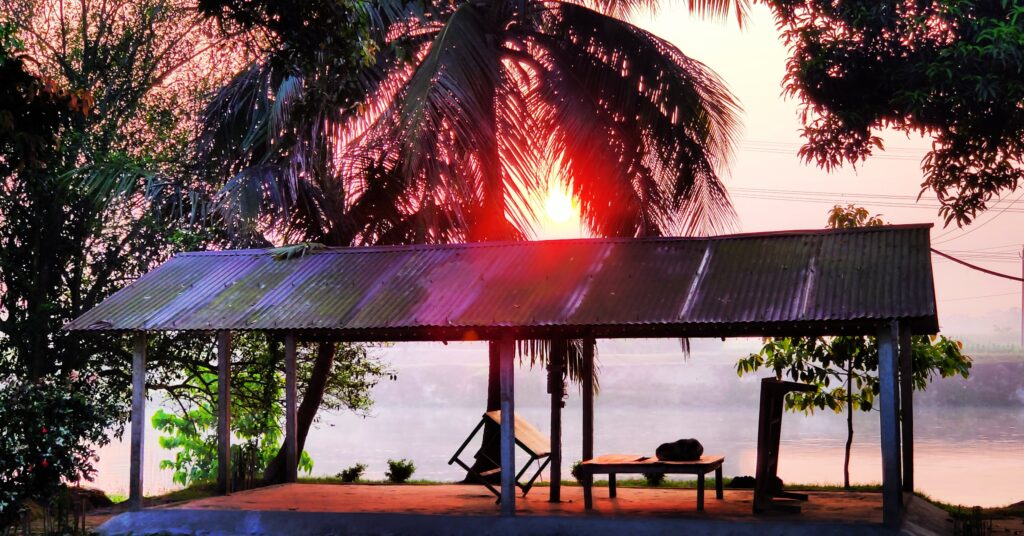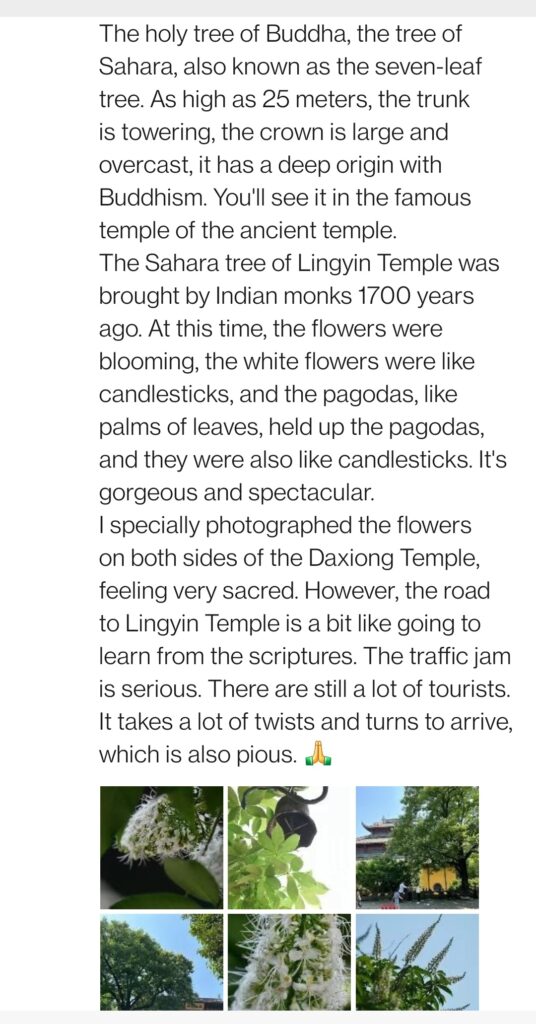Kumarajiva
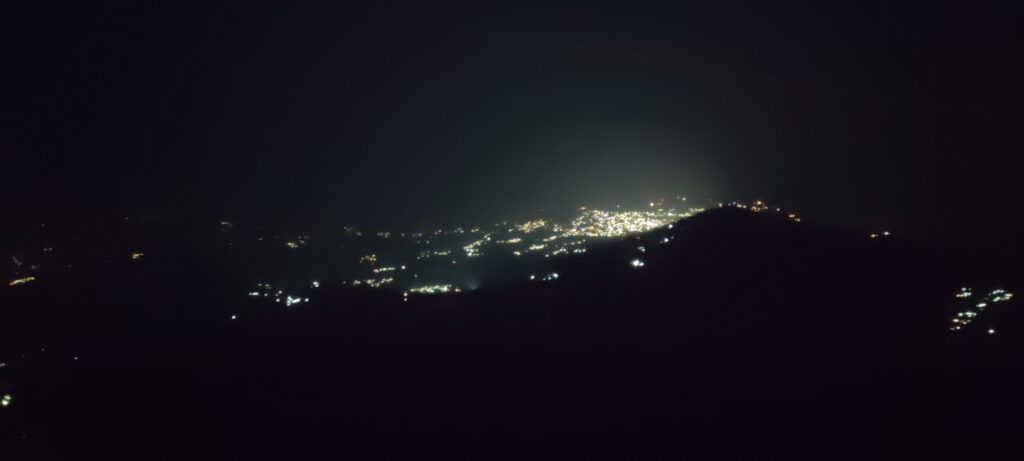

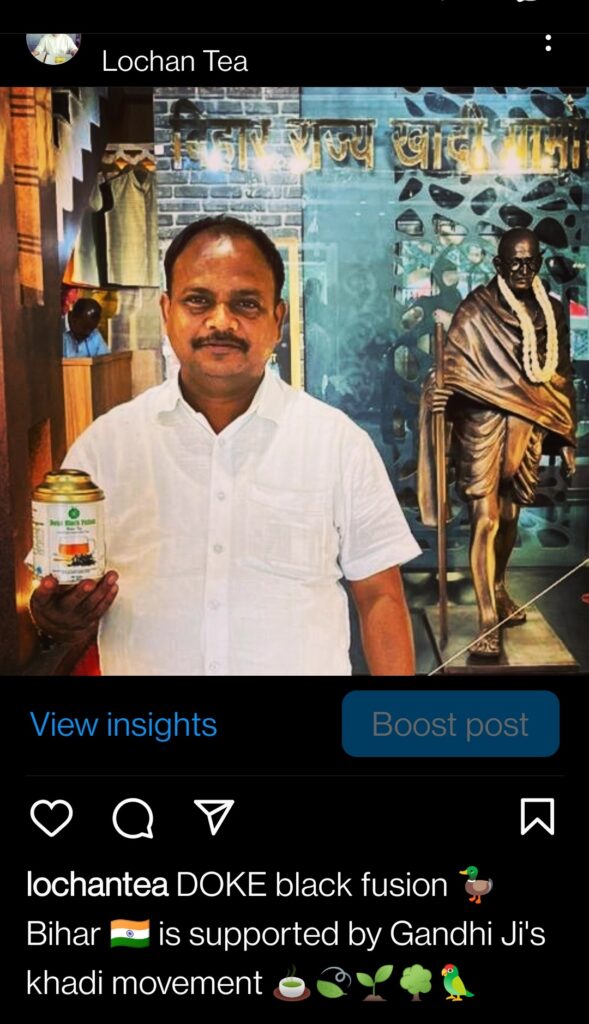
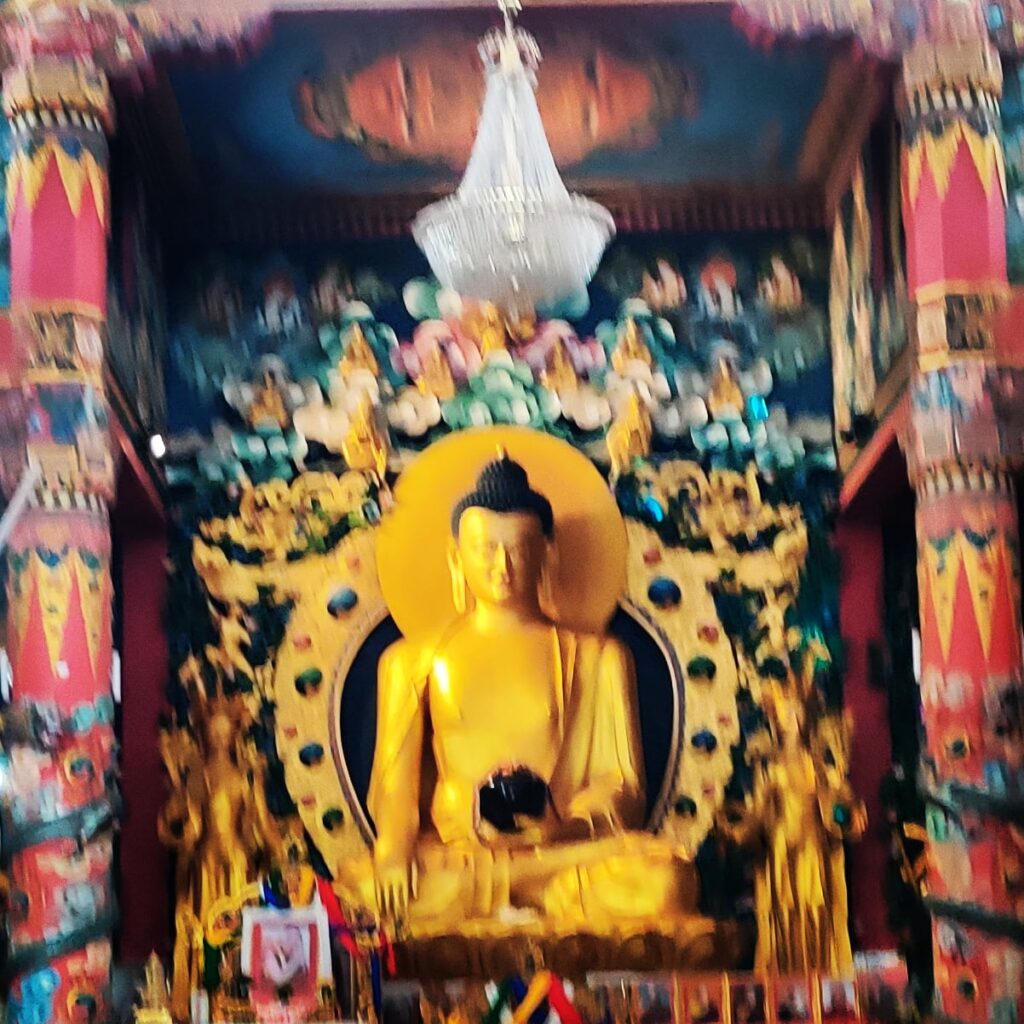
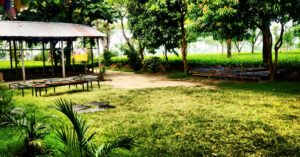
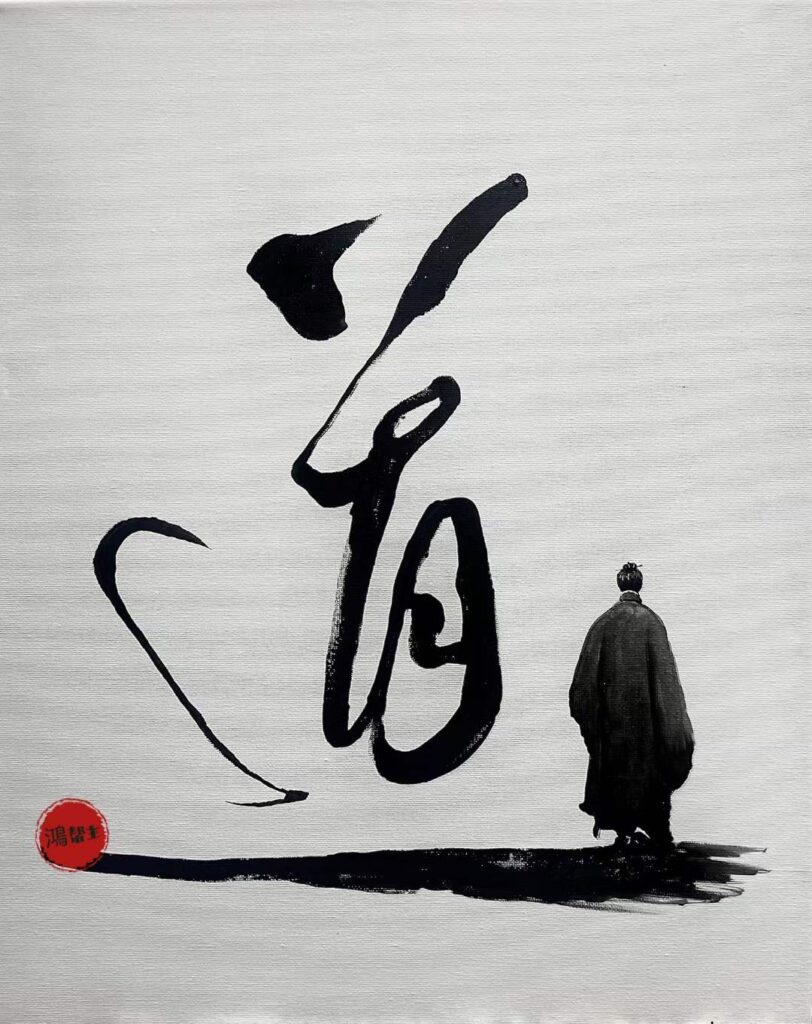
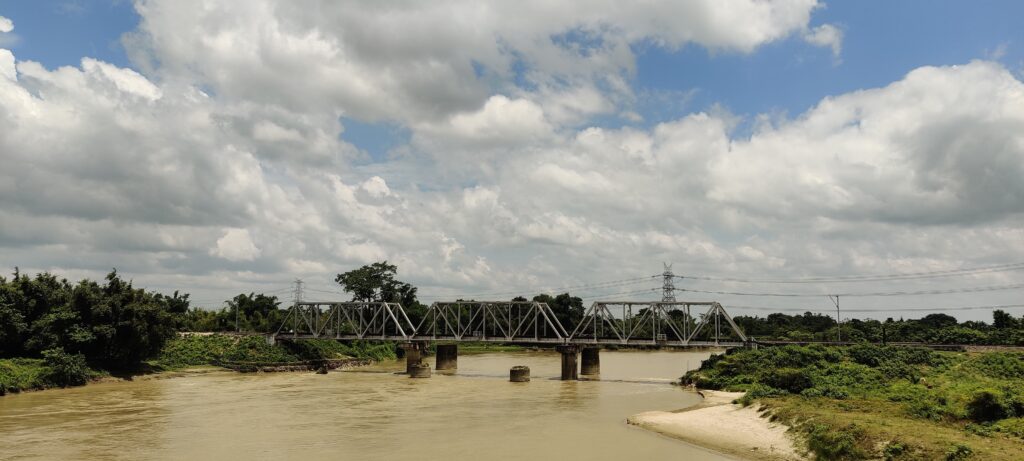
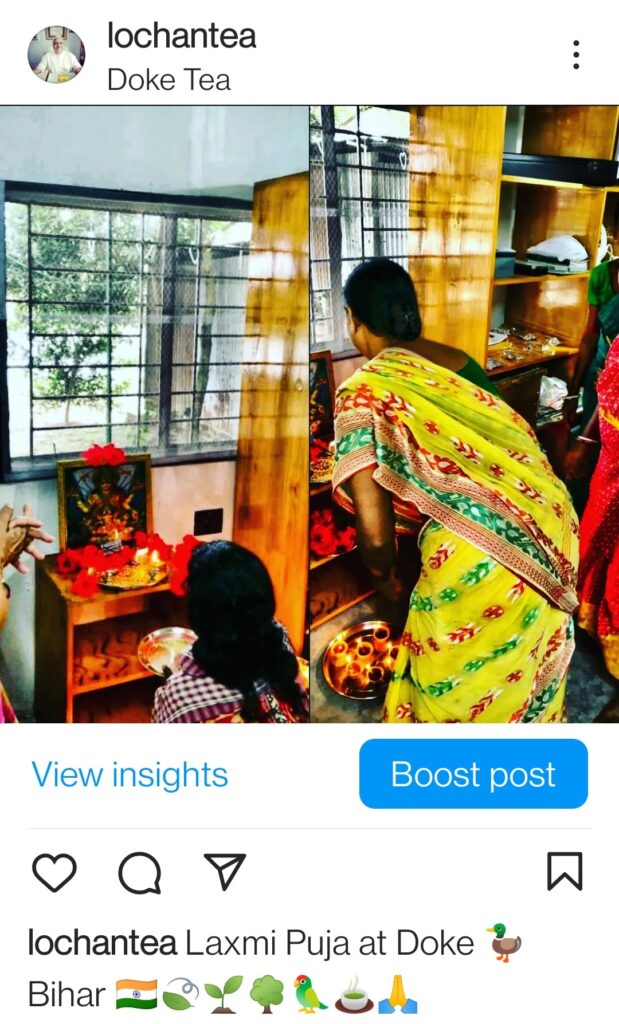
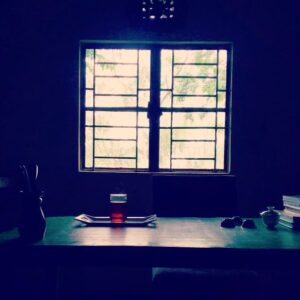
Since times immemorial wanderers roamed the lands in the garb of monks to find peace in search of Gods. This knowledge was written by intelligent beings and documented in monestries for preservation and was attributed to men of higher intelligence.
Gutian Li asked me to join Wu Zu tea ceremony at an ancient monestry in Zhejiang but we missed it somehow although the gathering was great. Doke black fusion was going to be our bonding tea in that event.
My interaction with Gutian Li is almost ten years now – we met in Xiamen then in Shanghai then in New York – they were all for tea events and later one was little disturbed as we couldn’t join a dinner in Chinatown due to a gay rally. She gave me a beautiful calligraphic artwork which is hanging in my office now. Very lucky one as has lot of red in it.
This journey has just begun and we are on it – let’s enjoy this . Most of the records of these travels were lost in transit or destroyed by Hun, Mongol, Greek or Mugal invaders – destruction of Nalanda University and it’s library is the biggest of these losses. Many records were stolen and now surfacing in western libraries or research institutions.
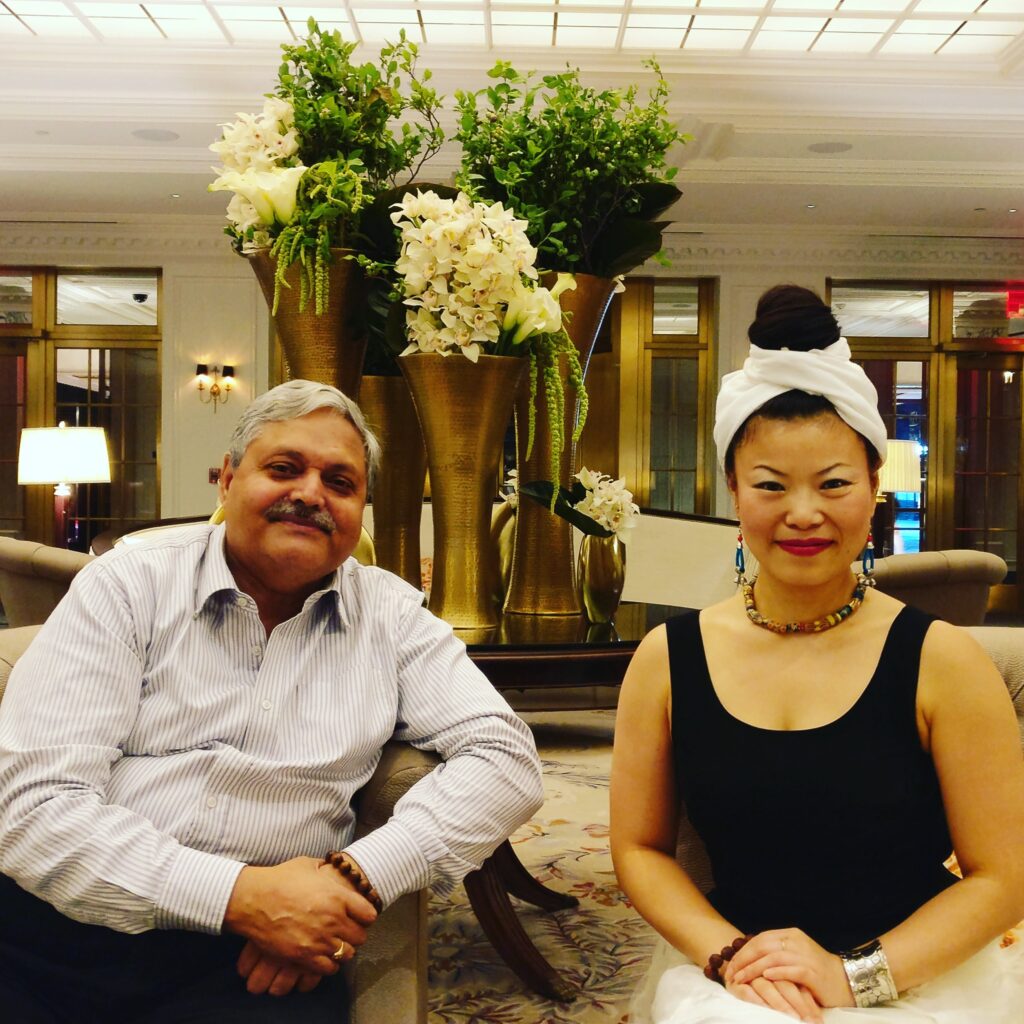
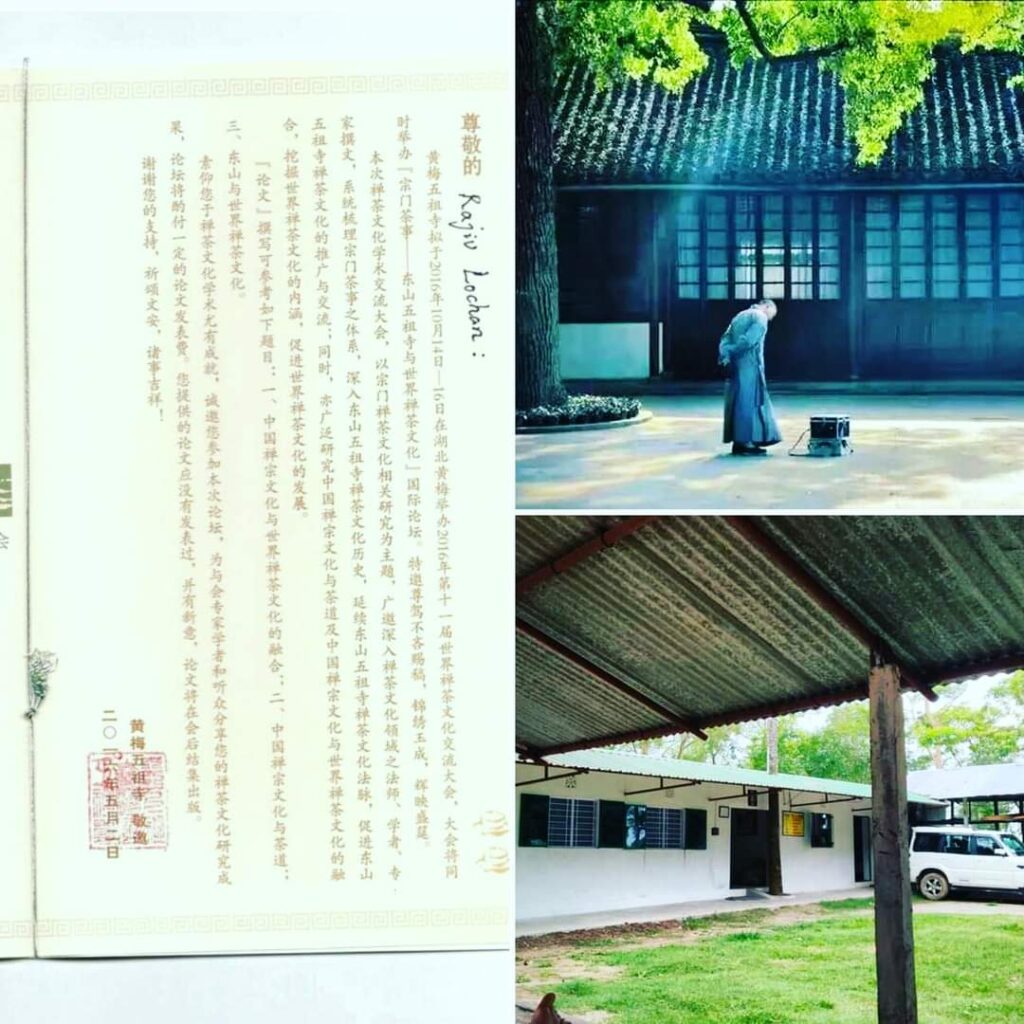
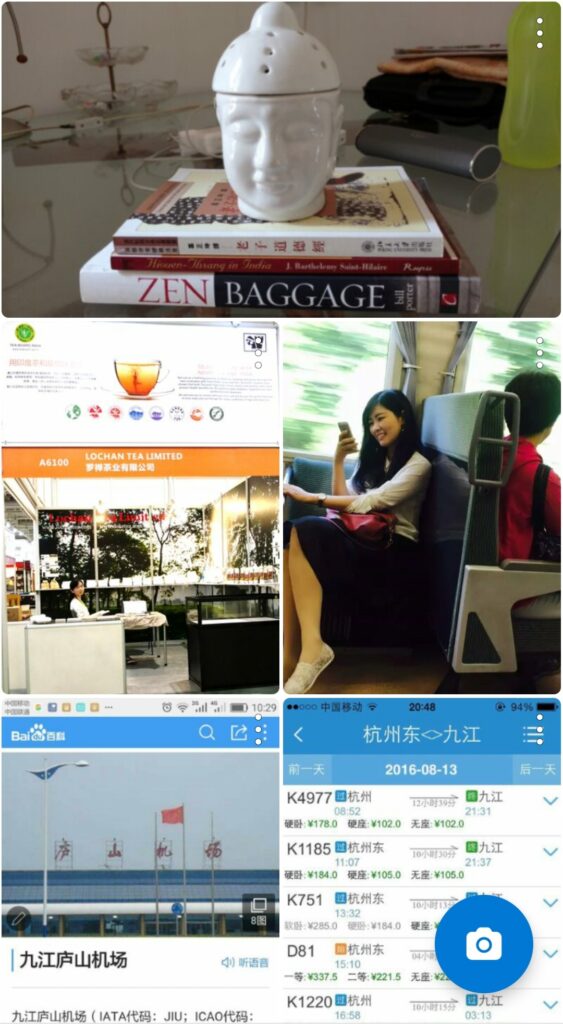
So where do we begin with – one such very obvious place is Bhutan monestries – Bokar is establishing a string of research institutions in this no-man’s land between Nepal, Sikkim, Bhutan & India – centering Siliguri. This piece of land was plundered by nature and scoundrels equally because it was very sparingly inhibited due to heavy forest cover, dieses and wild animals.
There are well educated young monks in these institutions and know almost all local and foreign languages. To my suprise a female monk approached me last time and started talking of Kumarajiva – serendipity 🦜 now I have the link and work on it.
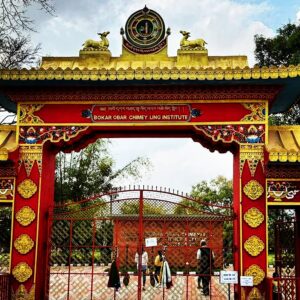
There were pony trails, crude forts and monestries which helped trade, law & order and monks who administered the region and civilization – all the histories are documented in their annals which are in local languages like Pali, Tibetan and Bhutanese. This is exactly where we are harping on the tea trade and later their cultivation took place. We are lucky to be in their midst and researching deeper than our other contemporaries who left the trails earlier and we have much to do.
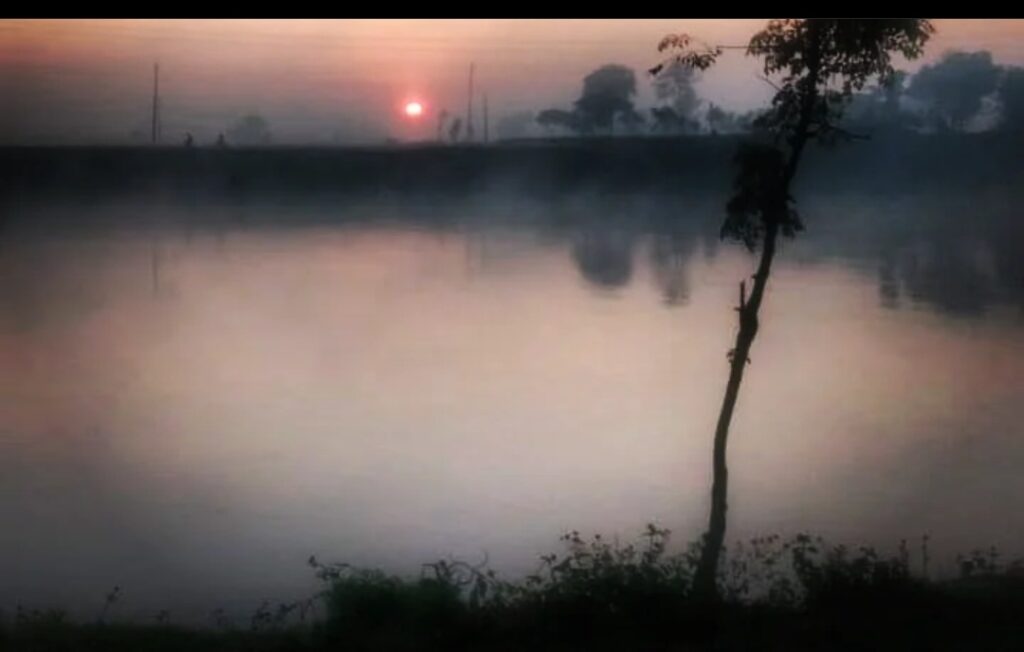
Maybe tea was not existing on the banks of Doke till as early as 1998 but it was being carried by the travelling monks since as late as Kumarajiva travelled on these trails since time immemorial as long as Buddha teachings were spread over central Asia. This is Hermitage 🙏. “Very surprising the quality you’ve put out in such an unprecedented area. I’m excited to see how it develops more in the future. You truly have something unique and I’m thankful we could share in it” – someone remarked when they saw our teas.
